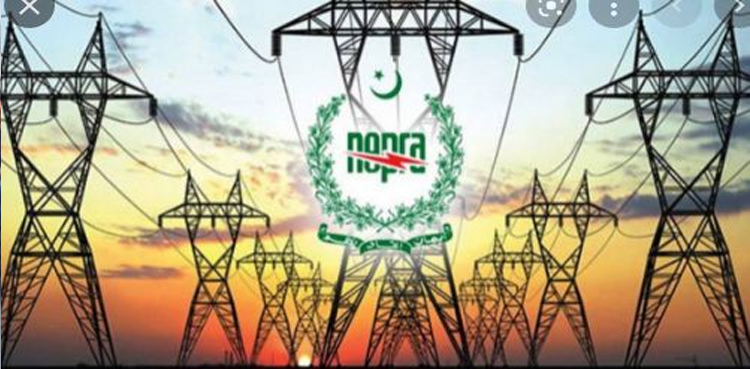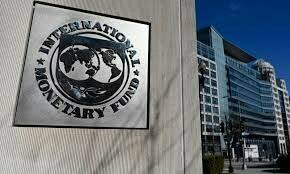TRADE & ECONOMY

The National Electric Power Regulatory Authority (Nepra) has notified an additional fuel cost adjustment (FCA) of Rs2.84 per unit for electricity consumed in March, affecting consumers of ex-Wapda distribution companies (Discos). This adjustment, aimed at extracting approximately Rs23 billion from consumers during the current month, is set to be reflected in consumers' bills in May.
According to Nepra's order, the FCA, equivalent to Rs2.8372/kWh, has been reviewed and assessed as a national average uniform increase in the applicable tariff for ex-Wapda Discos, attributing variations in fuel charges for March 2024. While the net increase in tariff due to the FCA impact amounts to about Rs5 per unit, its partial spill over to the quarterly tariff adjustment (QTA) is anticipated to follow later.
The adjustment will be applicable to all consumer categories, except electric vehicle charging stations (EVCs) and lifeline consumers, and will be shown separately in consumers' bills based on units billed in March 2024. Nepra's notification emphasizes that this adjustment is intended to ensure transparency in billing practices.
In addition to the FCA implementation, Nepra's determination addressed several issues pertaining to the power network's efficiency and operations. The regulator refuted claims against homeowners with solar net metering, highlighting a minimal impact on the overall national consumer tariff. Nepra's inquiry into various aspects of power generation and consumption revealed insights into factors influencing system stability, demand patterns, and operational decisions.
The revelation regarding the utilization of power plants, including the curtailment of certain plants and the dispatching of others for system stability and reliability, sheds light on the complexities of managing the power grid. Nepra's scrutiny underscores the importance of ensuring efficient utilization of resources while maintaining stability and reliability in the power sector.
As Nepra continues to address challenges and streamline operations within the power sector, consumers can expect ongoing efforts to optimize cost-effectiveness and enhance transparency in regulatory practices.




